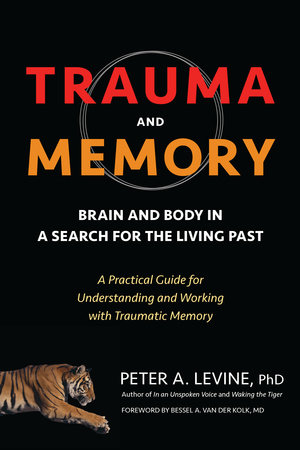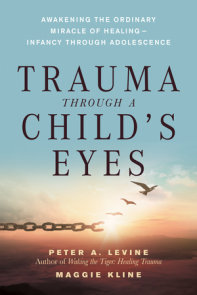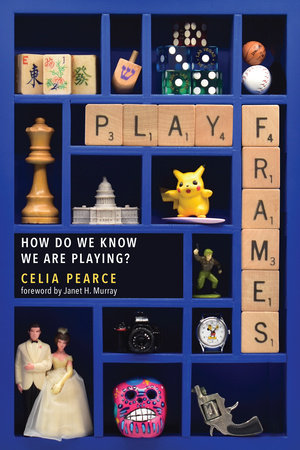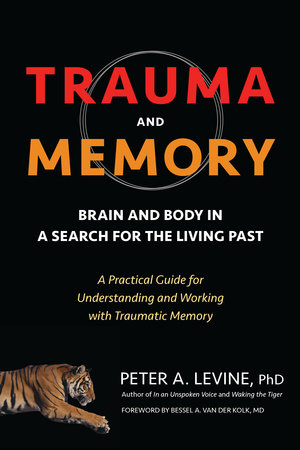

Trauma and Memory
By Peter A. Levine, Ph.D.
Foreword by Bessel A. van der Kolk, M.D.
By Peter A. Levine, Ph.D.
Foreword by Bessel A. van der Kolk, M.D.
By Peter A. Levine, Ph.D.
Foreword by Bessel A. van der Kolk, M.D.
By Peter A. Levine, Ph.D.
Foreword by Bessel A. van der Kolk, M.D.
Category: Psychology | Self-Improvement & Inspiration
Category: Psychology | Self-Improvement & Inspiration

-
$21.95
Oct 27, 2015 | ISBN 9781583949948
-
Oct 27, 2015 | ISBN 9781583949955
YOU MAY ALSO LIKE

Against Moral Responsibility

Princeton Review AP Psychology Premium Prep, 22nd Edition
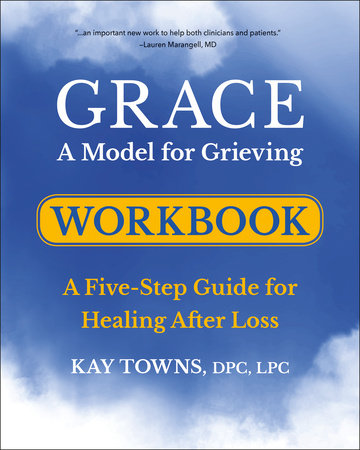
GRACE: A Model for Grieving Workbook

Outshining Trauma

The Unshaming Way
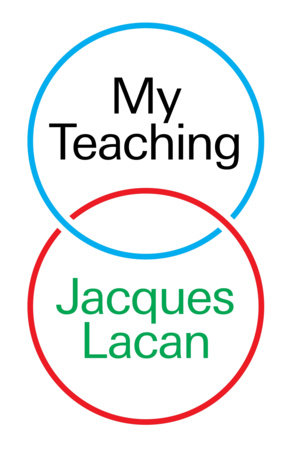
My Teaching

We Who Wrestle with God

Who Gets Believed?

Antiracist by Design
Praise
“In Trauma and Memory, Peter Levine provides insight into how memories and the brain circuits involved in maintaining these memories empower trauma to influence how we think, feel, and interact. Levine has been a heroic pioneer in explaining how the damaging emotional memories associated with trauma are locked in our body. His paradigm-shifting intervention model, Somatic Experiencing, has been at the forefront of clinical interventions focused on moving trauma-induced implicit feelings, locked in the body, into an explicit understanding. Levine explains how the intransigent and omnipotent power of the implicit memories of trauma can be diffused and transformed.”—Stephen W. Porges, PhD, author of The Polyvagal Theory: Neurophysiological Foundations of Emotions, Attachment, Communication, and Self-regulation
“Memory has many layers, and Peter Levine has contributed his own unique and powerful way of thinking about how we can understand these systems and optimize their unfolding after trauma. This book offers clinical wisdom drawn from decades of direct experience, demonstrating how a clinician—with focused attention and essential timing—can move unresolved, non-integrated memories into a resolved, integrated form that enables a coherent narrative to emerge and the individual to become liberated from the prisons of the past.”—Daniel J. Siegel, MD, author of Mindsight, The Mindful Therapist, and Pocket Guide to Interpersonal Neurobiology
“Only after we become capable of standing back, taking stock of ourselves, reducing the intensity of our sensations and emotions, and activating our inborn physical defensive reactions can we learn to modify our entrenched maladaptive automatic survival responses and, in doing so, put our haunting memories to rest.”—Bessel A. van der Kolk, MD, author of The Body keeps the Score: Mind, Brain and Body in the Healing of Trauma
“In yet another seminal work Peter Levine here deconstructs traumatic memory, making it accessible to healing and transformation. He helps us—therapist or client—move from a limiting past to where we belong: the empowered present.”—Gabor Maté, MD, author of In the Realm of Hungry Ghosts: Close Encounters with Addiction and When the Body Says No: Exploring the Stress-Disease Connection
“Arguably, much of our lives are spent at the mercy of the automatic brain; this is only accentuated for those who have experienced severe trauma. In writing with such depth and insight about the psychobiological dynamics of procedural memory, master therapist Peter Levine offers therapists important tools for the transformation of traumatic memory. Moreover, the writing and rich examples make this book accessible so that professionals and nonprofessionals alike can benefit from its wisdom.”—Stan Tatkin, PsyD, MFT, author of Wired for Love; founder of the PACT Institute
“With this book, Dr. Levine has made another significant contribution to the treatment of trauma. Drawing on established neuroscience he explains, in clear and accessible terms, the various kinds of memory, their neurological bases, and their role in the treatment of trauma. This book is invaluable for clinicians wishing to improve their skills, laypeople wanting a deeper understanding of the way the mind and brain work to create and heal trauma, and scientists looking to understand the implications of modern neuroscience for the treatment of trauma by the body-oriented psychotherapies.”—Peter Payne and Mardi Crane-Godreau, PhD, researchers at the Geisel School of Medicine at Dartmouth College
21 Books You’ve Been Meaning to Read
Just for joining you’ll get personalized recommendations on your dashboard daily and features only for members.
Find Out More Join Now Sign In






